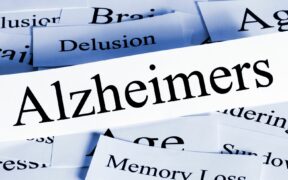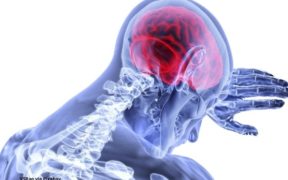- Have any question?
- 02 7200 2179
- media@healthcarechannel.co

New findings highlight potential elevated late-life Alzheimer’s disease risk among transgender and non-binary adults, shedding light on key risk factors that are more prevalent within

Dementia Australia has welcomed the publication of the results of a trial showing that a new drug, donanemab, has been able to slow the progression

Eli Lilly and Company’s new drug, donanemab, has shown promising results in slowing cognitive decline by 35% in people with early symptoms of Alzheimer’s disease.

In lab tests, Imperial researchers have created a metal-based molecule that inhibits the build-up of a peptide associated with Alzheimer’s disease. A peptide is a

An international research team led by HKUST has developed a simple but robust blood test from Chinese patient data for early detection and screening of

The development of dementia, often from Alzheimer’s disease, late in life is associated with abnormal blood levels of dozens of proteins up to five years

Brain changes in people with Alzheimer’s disease and in those with mild traumatic brain injuries (TBIs) have significant similarities, a new USC study shows, suggesting

Researchers at Albert Einstein College of Medicine have designed an experimental drug that reversed key symptoms of Alzheimer’s disease in mice. The drug works by

Middle-age and older people living in more disadvantaged neighbourhoods — areas with higher poverty levels and fewer educational and employment opportunities — had more brain

Powerful algorithms used by Netflix, Amazon and Facebook can ‘predict’ the biological language of cancer and neurodegenerative diseases like Alzheimer’s, scientists have found. Big data

When my mom was a teenager, she over-plucked her eyebrows and they never really grew back. For as long as I can remember, she would

Routine visits and data gathered by doctors will now be enough to accurately predict a person’s risk of devleoping Dementia and its related diseases. A